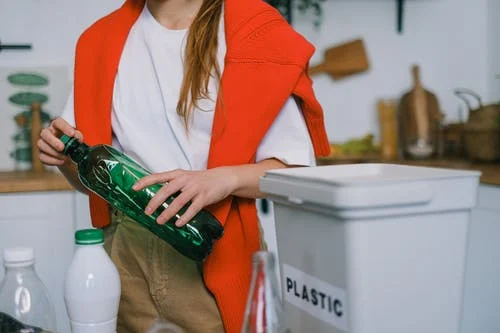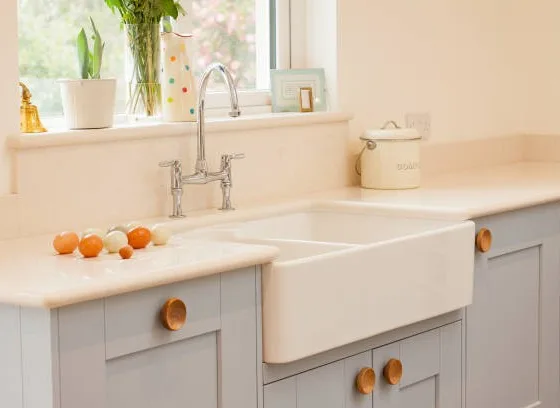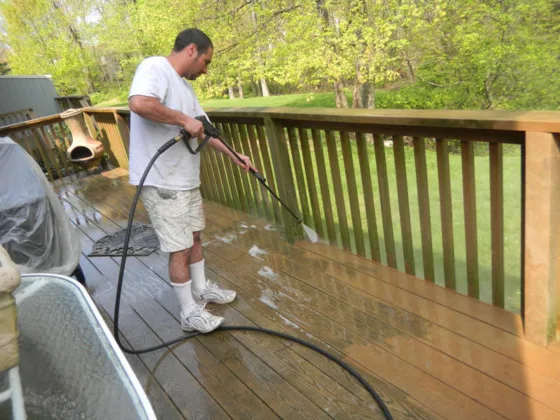The impact of climate change affects us all. And it’s just one of the areas environmental degradation is taking its toll on us and the planet.
Many of us are already doing our part to reduce waste, energy consumption, and pollutants.

In small ways, we’ve already started to watch how our behavior contributes to the problem.
What we may not realize is that while we have taken small steps outside our home, where we live could be made a bit more environmentally friendly.
Some things we can do at home that can help to save the environment and some money as well are:
Conserve Energy
The overconsumption of nonrenewable energy resources has been proven to be one of the biggest contributors to global warming and climate change.
We consume these resources when we use electricity and fuel for our vehicles. There are several ways you can cut back on your electricity use in your home:
- Turn off lights you are not using
- Reduce the number of times you use your air conditioning in the summer and central heating in the winter.
- Unplug electronics you are not using
- Run your washing machine fully loaded
- Cut down on dryer use. Where it’s possible, try to sun dry your clothing and linens
- Purchase energy-efficient appliances
- Convert your home to renewable energy use
For more information on solar, how it works, how it can save you money, installation, and maintenance, you can consult sites like solar guru that will tell you everything you need to know.
Going solar is a step beyond regular conservation methods and you’ll want to be certain that you are getting help along the way.
Read Also:
Use Less Plastic
Plastics are a major pollutant because they clog and litter waterways and can remain in the environment for as long as 1,000 years. You can use fewer plastics in your home by:
- Choosing nonplastic options of goods you commonly use, for example, use a canvas bag for your groceries
- Not buying items that feature a lot of plastic packaging
- Not drinking bottled water in plastic containers
- Reducing your use of single-use plastics
You can also install a recycle bin in your home for plastic waste so it can be collected for recycling.
Buy Less Stuff
People may ask, how is my buying this new cell phone or this new blouse damaging the environment?
Think of the energy that is required to produce just one cell phone or just one blouse and then multiply that by everyone who wants the latest cell phone or blouse.
Remember, energy consumption is one of the primary drivers of climate change.
So when you go out and buy more stuff, you create demand for these items which causes even more nonrenewable energy to be consumed in making them.
As far as possible:
- Try to repurpose things in your home. If your kitchen towels are old, you can dye them and reuse them in the bathroom
- Buy used items
- Borrow something you would have ordinary bought
The benefits are almost endless here. You will spend less money and you’ll also be preserving the planet’s scarce resources.
Buy Less Meat
Few would guess that meat production consumes much energy, but it does. Think of the energy that has to be consumed to create and transport even the smallest portions of meat to the grocery for you to buy.
If you reduce your meat consumption you automatically cut down on this energy use…and you save a lot of money when you buy alternatives, which are often cheaper than meat.
Do Not Waste Food
As we are on the topic of meat, food wastage consumes plenty of energy as well. Many of us are guilty of going to the supermarket, buying more food than we need, only to have it slowly go bad in our refrigerator as it remains unused.
Stop buying more food than you need in a given period. The savings will add up and you will not be unnecessarily consuming more of the planet’s energy resources.
Create A Garden from Vegetable Scraps
Save money by reusing ends from your vegetables to regrow plants in your own kitchen garden.
Several vegetables and fruits you buy at the grocery can be regrown from cuttings and ends.
You will be sure that there were no dangerous pesticides used in their production and you will have the pride of knowing you fed your family with food grown by your own hand.
Plant Trees in Your Yard
If you live on a large enough lot, try to plant some trees. You can benefit from the shade they will provide.
The cooling action can cut down on your AC use and lower your electricity bills in the summer.
Plus, if you plant fruit trees, you will always have a supply of your favorites to eat when they are in season.
Conserve Water
Wasted household water is bad for the environment because depending on its use, it is difficult to return it to the water cycle in a portable form.
Water is one of the things everyone on the planet absolutely needs to survive, so cutting back here not only saves you money on your water bill but ensures the continuance of life.
Steps you can take to conserve water in your home include:
- Fixing leaky taps and plumbing
- Filling sinks to wash and rinse dishes
- Not running the dishwasher
- Installing low flow showerheads
Use Your Car Less
Okay, strictly speaking, this one is not in your house, but it does have the ability to save you money.
Vehicle use is a major environmental pollutant as it consumes large amounts of nonrenewable energy and emits greenhouse gases into the air.
When you cut back on your usage, you save on gas money and maintenance fees for your car.
So you see, it is entirely possible to have the best of both worlds and save money and the environment by making a few changes around your home.
Your pocket will thank you, and the planet will thank you.










